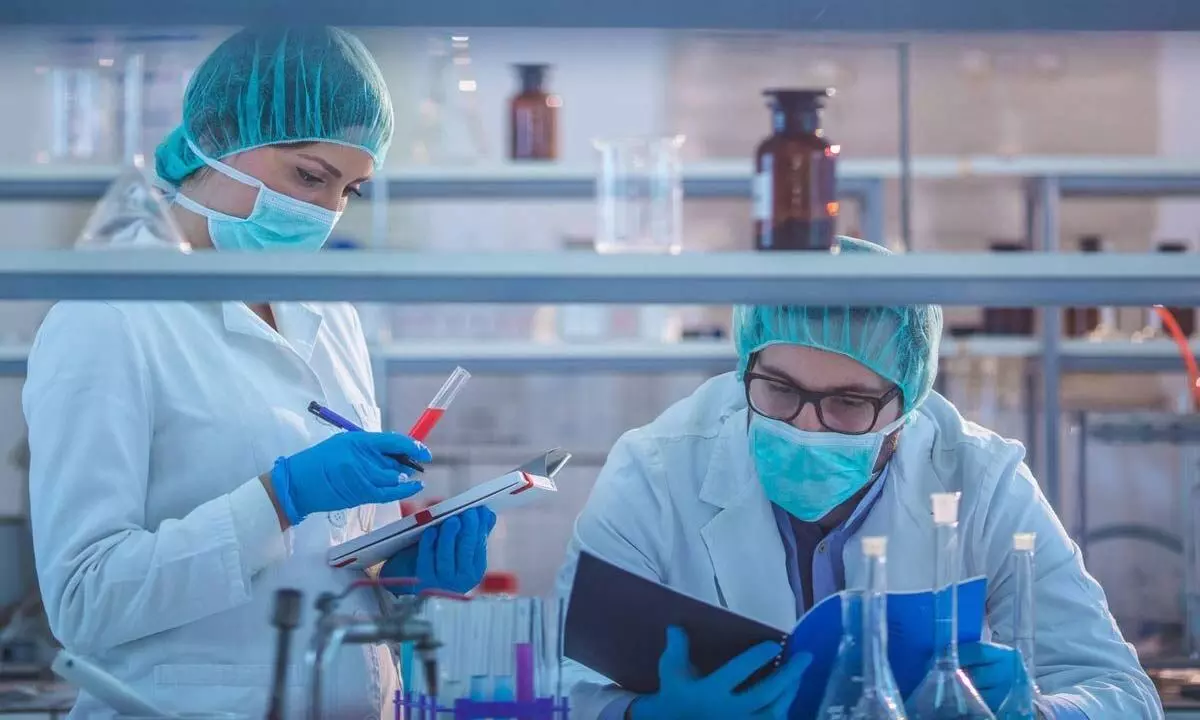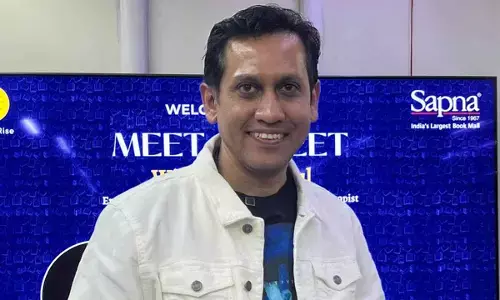Scientists need to beware of ethical pitfalls

Representational image
Researchers have made eggs from the cells of male mice — and showed that, once fertilized and implanted into female mice, the eggs can develop into seemingly healthy, fertile offspring.
Researchers have made eggs from the cells of male mice — and showed that, once fertilized and implanted into female mice, the eggs can develop into seemingly healthy, fertile offspring. The approach, announced on 8thMarch at the Third International Summit on Human Genome Editing in London, has not yet been published and is a long way from being used in humans. But it is an early proof-of-concept for a technique that raises the possibility of a way to treat some causes of infertility — or even allow for single-parent embryos. "This is a significant advance with significant potential applications," says Keith Latham, a developmental biologist at Michigan State University in East Lansing.
The possibility is being debated now, of this development among humans in the future. Science has no boundaries and it could scale to new heights. Whether such a science existed in the past or not, we are not sure of. As this has become more of a political question nowadays in our country, let us not even bother to look into it. Even if it existed in the past in India, we don't have any access to it now and hence we look into only what is going on in our world now. A second question such a discovery now leads to is whether this is ethical. This has always been a problem with us. When a discovery is made or a new theory is propounded, it always will have the potential for use elsewhere and in another form for yet another purpose - usually destructive. There lies the story.
When Albert Einstein proposed his most famous E=mc2, he did so originally not as a formula but as a sentence in German that said (translated into English): … if a body gives off the energy L in the form of radiation, its mass diminishes by L/V2. This equation enabled scientists to learn how to build a single bomb that could wipe out a city, such as the atomic bombs that destroyed the Japanese cities of Hiroshima and Nagasaki at the end of World War II. These early atomic bombs worked with nuclear fission, not fusion. But it was the same principle as described by Einstein, that a tiny amount of mass could be converted to a large amount of energy.
In the latest case of experiment with mice, researchers have been working towards this feat for years. In 2018, one team reported using embryonic stem cells made from sperm or eggs to generate pups with either two fathers or two mothers. The pups with two mothers survived to adulthood and were fertile; those with two fathers lived for only a few days. In 2020, a team led by developmental biologist Katsuhiko Hayashi, now at Osaka University in Japan, described the genetic changes necessary for cells to mature into eggs in a lab dish. And in 2021, the same researchers demonstrated that they could reconstruct the environment of mouse ovaries to grow eggs that produce healthy offspring. With these tools in hand, Hayashi and his colleagues embarked on a project to create eggs using cells taken from an adult male mouse. There are several possibilities here. In the future, a single man could have a biological child. Such applications will require more than technical refinement of a biological method, but also a broader societal discussion about the ethics and implications of implementing them.









